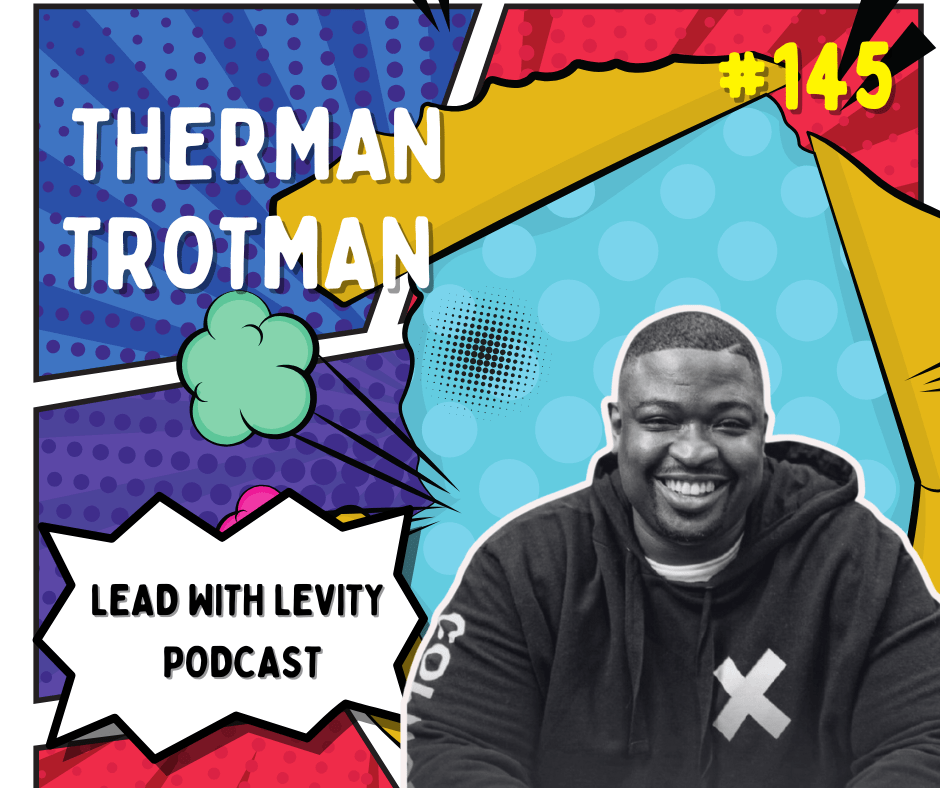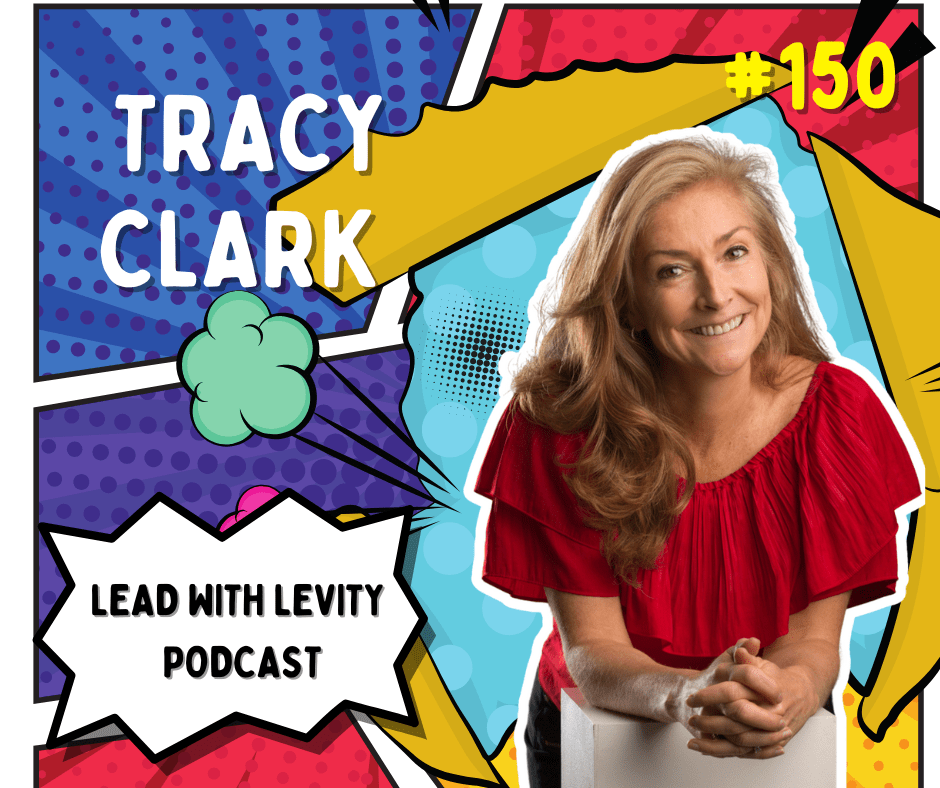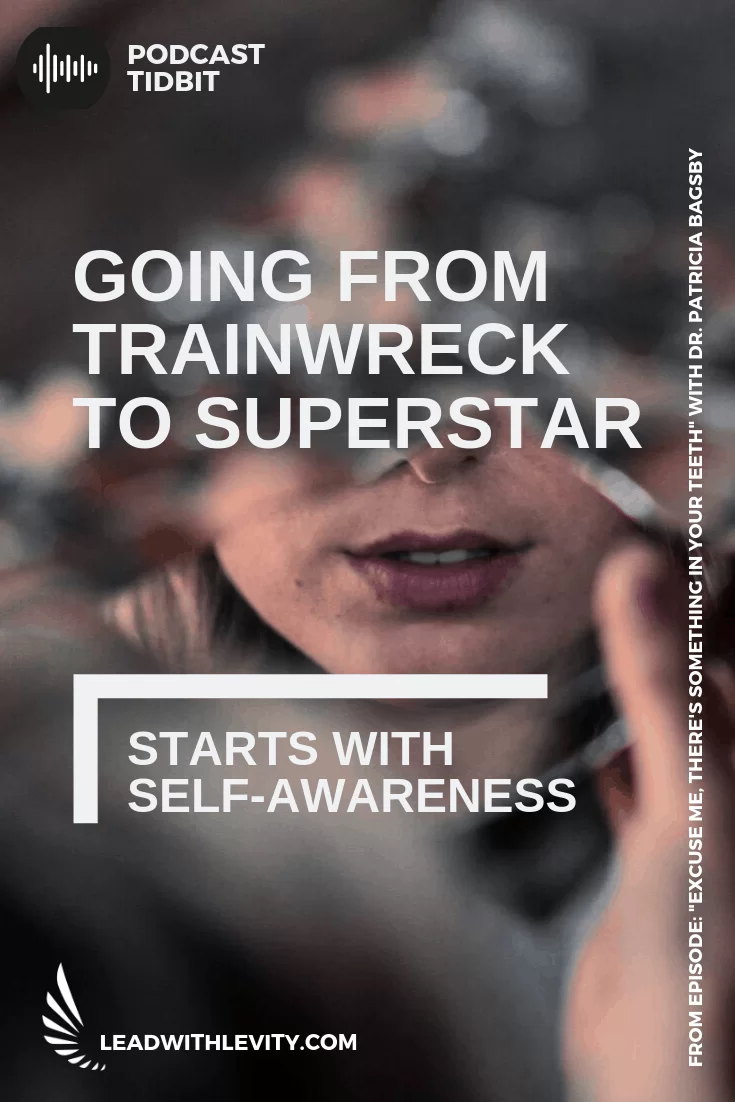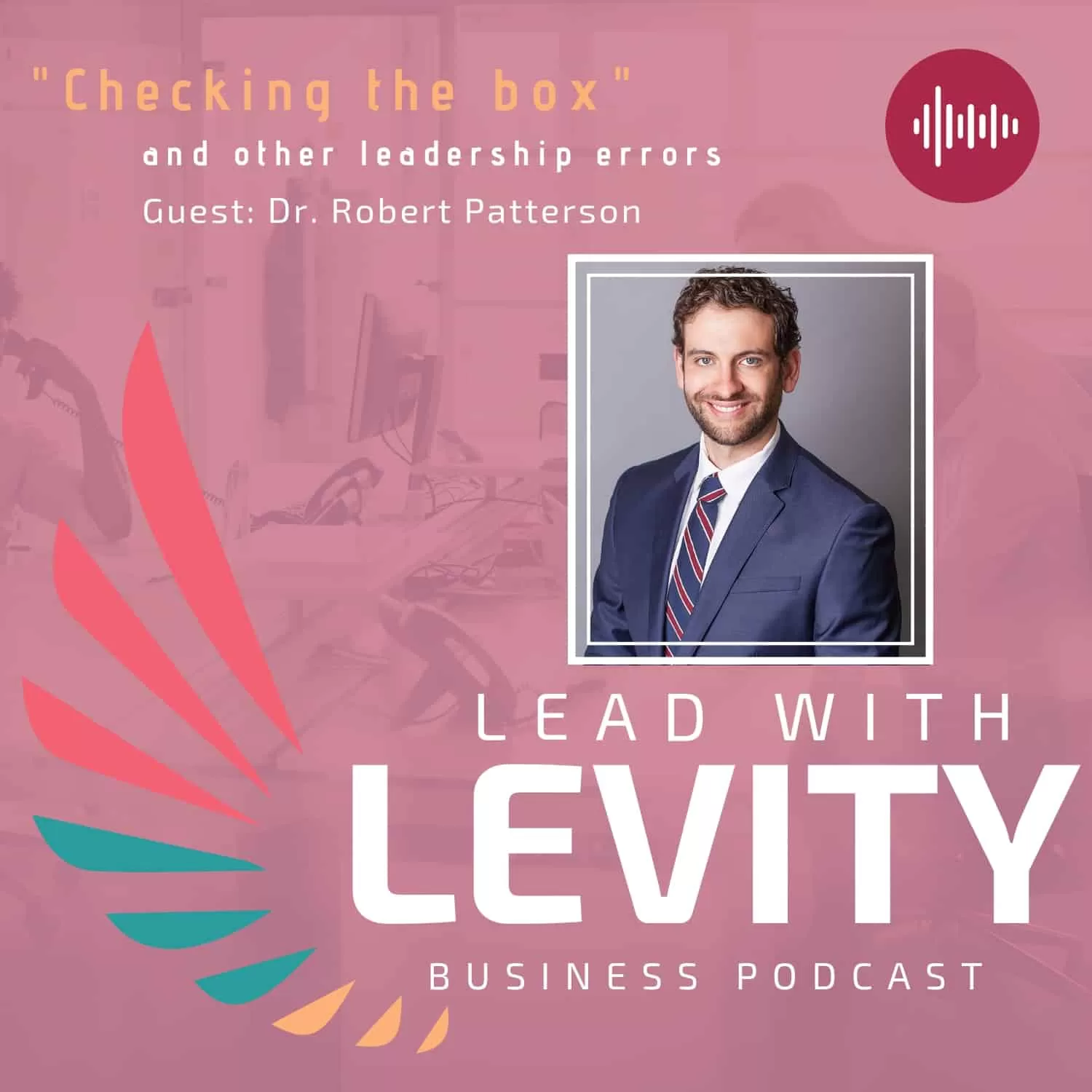Trust: Are You Giving It Too Freely or Not Enough?
Trust is one of the most powerful forces in leadership. It can accelerate success, build strong teams, and create loyalty—or, if mismanaged, it can lead to resentment, conflict, and costly mistakes.
Some leaders extend trust freely, believing in people until proven otherwise. Others take a more cautious approach, requiring trust to be earned over time. Neither is necessarily right or wrong, but understanding where you fall on this trust spectrum can make all the difference in how you lead.
In the latest episode of Lead with Levity, I sat down with Charles Feltman, executive coach and bestselling author of The Thin Book of Trust, to break down the psychology of trust, where most leaders go wrong, and how to build a culture of trust that actually works.
The Two Sides of Trust
Picture this: You walk into a new job, meet your boss, and immediately feel like you’re being sized up. Nothing you say or do seems to earn their confidence. It’s exhausting trying to prove yourself.
Now flip the script. Imagine your boss welcomes you in, assumes you’re competent, and gives you room to contribute from day one. How would that change the way you show up at work?
This trust dilemma plays out in every workplace. Some people freely extend trust, assuming the best in others until proven wrong. Others take a “prove yourself first” approach, holding back trust until they feel it’s deserved.
Which one are you?
In a live poll, I asked a group of 200 leaders where they fall on this spectrum. The result? A perfect 50/50 split. Half assumed trust was given until lost, while the other half believed it had to be earned. And here’s the kicker—most people assumed their way was the “right” way and were shocked to see how divided the room was.
This fundamental difference in how we experience trust can create major misunderstandings in teams, making it essential for leaders to get intentional about building trust the right way.
The Four Dimensions of Trust
If you’ve ever struggled to trust someone fully—or felt like someone didn’t trust you—it’s usually because trust isn’t just one thing. According to Charles Feltman, trust can be broken down into four key areas:
1️⃣ Care – Do they genuinely have your best interests in mind?
2️⃣ Sincerity – Do they say what they mean and follow through?
3️⃣ Reliability – Can you count on them to keep their commitments?
4️⃣ Competence – Do they actually have the skills to deliver?
Most trust issues don’t come from people being outright dishonest. Instead, they usually stem from a breakdown in one of these four areas.
For example:
👉 If someone consistently turns in work late, their reliability is in question.
👉 If a leader doesn’t advocate for their employees’ growth, their care is in question.
👉 If a teammate always agrees but doesn’t follow through, their sincerity is in question.

Charles Feltman has been coaching leaders and teams, delivering leadership development programs, and giving talks worldwide for over 25 years. This often includes supporting individuals, teams and entire organizations in becoming exceptional at building and maintaining strong trust as a foundation for success and wellbeing at work. Charles is the author of The Thin Book of Trust: An essential primer for building trust at work.

